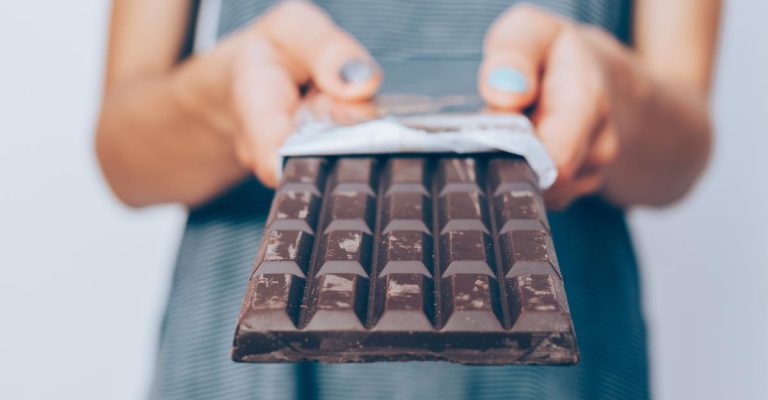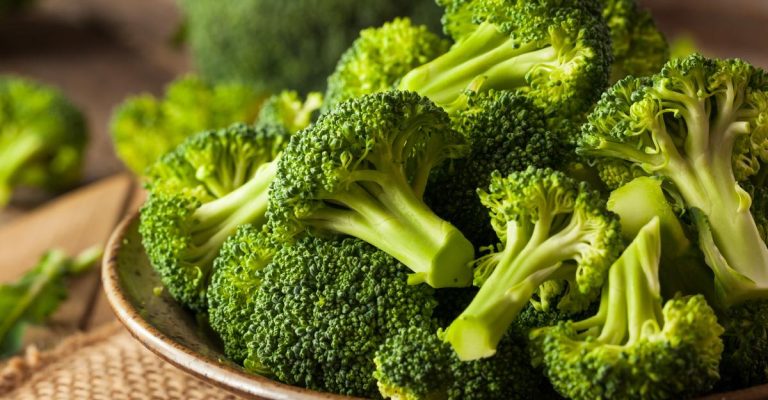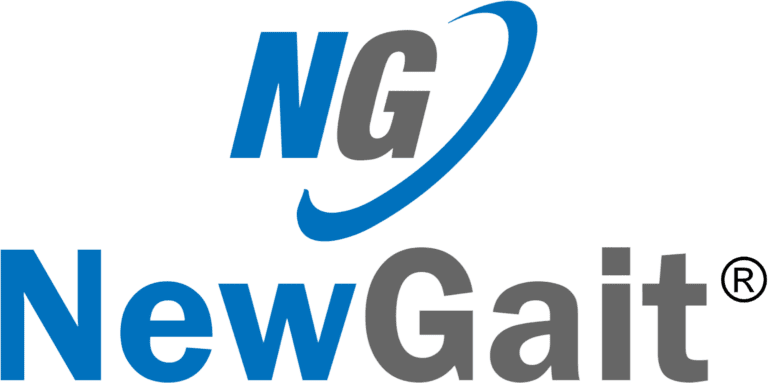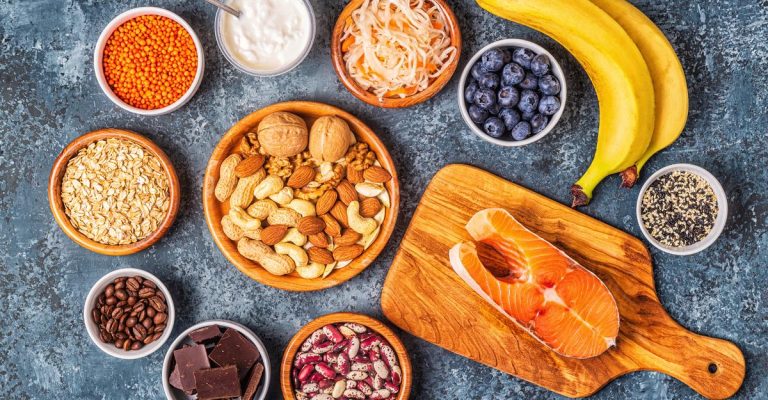A concussion is a type of traumatic brain injury (TBI) that occurs after an external force strikes the head, resulting in confusion and memory loss. While different individuals will experience concussions differently, they are all severe medical conditions that should never be taken lightly. At best, if mended with proper care and attention, it can take weeks or months for symptoms to subside; at worst, the effects can be permanent
For those who have had a concussion recently or even long ago but still suffer from lingering effects, you can do a few simple activities to help your brain heal properly. Eating certain foods has been clinically proven to reduce inflammation and promote tissue repair — here’s our list of 8 brain-healing foods that are perfect for after experiencing a concussion!
Green Tea

Green tea is an excellent source of healing and rejuvenation, particularly regarding post-concussion brain injuries. Scientific studies indicate that the high antioxidant content of green tea can help to reduce inflammation and oxidative stress caused by concussions, which can, in turn, help to alleviate the symptoms of concussion.
Along with its ability to reduce inflammation, green tea also contains a compound called epigallocatechin gallate (EGCG), which has been shown to promote the growth and repair of nerve cells. This means that regularly drinking green tea after a concussion could potentially aid recovery and improve cognitive function.
It is a natural source of caffeine, which can help to alleviate the fatigue and brain fog common after a concussion. Green tea is a powerful brain-healing food that should be part of any post-concussion recovery plan.
Green tea, even just one or two cups per day, may help concussion patients regain focus, memory, and other mental faculties as they heal. It also decreases inflammation and preserves your brain from free radicals.
In addition, the amino acid L-theanine found in green tea has been shown to have a number of beneficial effects, including the reduction of anxiety and the promotion of relaxation without drowsiness. Due to its ability to help you unwind and enjoy yourself after a concussion, green tea is a great beverage to include in your post-injury diet.
Fatty Fish
Foods rich in omega-3 fatty acids, such as some kinds of fish, may aid in rehabilitation from brain injuries. This is due to the high concentration of omega-3 fatty acids in brain tissue (about 60% of brain fat). Therefore, feeding the brain omega-3 is crucial to aid in its rehabilitation.
The brain uses Omega-3 to repair damaged neurons, a process crucial to maintaining the organ’s plasticity (its capacity to alter and adapt). Since stimulating neuroplasticity is crucial to TBI rehabilitation, omega-3 is a fantastic approach to speed up brain regeneration and aid recovery.
Omega-3 fatty acid-rich fish include some of the following:
- Atlantic Salmon
- Mackerel
- Sardines
Baking or broiling fatty fish is an ideal way to retain its health advantages while cooking it.
Blueberries
As previously discussed, antioxidants’ anti-inflammatory and free radical-fighting properties are particularly beneficial to the brain. Research has shown that specific berries, including strawberries and blueberries, are beneficial for enhancing memory, thinking, and other mental abilities.
There is evidence that blueberries, in particular, may stimulate BDNF synthesis. An essential growth factor, it promotes neurogenesis, the process by which new neurons are formed in the brain in addition to repairing damaged ones. This means that berries, particularly blueberries, belong to the top choices for helping the brain heal after an injury.
Dark Chocolate

Due to its high magnesium and antioxidant content, dark chocolate is a fantastic diet for post-traumatic brain injury healing. Although solid evidence suggests that eating dark chocolate is good for you, moderation is still recommended. When recuperating from a brain injury, minimizing your intake of synthetic sugars, even in dark chocolate, is best.
Dark chocolate with an excessive cocoa content is a good option for those trying to reduce their intake of processed sugars. The amount of sugar in chocolates decreases as the cocoa content increases. For maximum efficacy, it’s recommended that you chow down on dark chocolate that has at least 70% cocoa.
Furthermore, dark chocolate contains caffeine, a natural stimulant that can help improve focus and alertness, particularly during recovery. Dark chocolate also promotes the release of endorphins, which can help reduce feelings of stress and anxiety commonly associated with a concussion.
Cranberries
Cranberries can boost neurogenesis, the growth of new nerve cells in the brain, essential for recovery after a concussion. Moreover, cranberries are rich in vitamins C and E, vital in maintaining brain health. The antioxidants present in cranberries can effectively neutralize harmful free radicals that can lead to cell damage and death.
Apart from the brain, cranberries are also beneficial for the heart, immune system, urinary tract, and digestive system. Therefore, incorporating cranberries into one’s diet can significantly aid concussion recovery as well as overall health and well-being.
To add to the list of flavonoid-packed fruits, consider cranberries. They have anti-inflammatory and antioxidant properties similar to blueberries, making them a healthy addition to any diet.
Consuming cranberries in their fresh form is recommended for maximum health advantages. Cranberries have several health benefits, but the jellied variety and cranberry juice both lack those benefits and are high in sugar. This reduces their usefulness for those who have had concussions.
Olive Oil
Olive oil is rich in polyphenols, antioxidants proven to have neuroprotective properties. These antioxidants can help protect the brain from inflammation and oxidative stress, two main factors contributing to brain injury, dementia, and neurodegenerative diseases like Alzheimer’s.
In addition to its antioxidant properties, olive oil is rich in monounsaturated fatty acids essential for brain health. These fatty acids have been shown to boost cognitive function and improve memory.
Olive oil has numerous potential health advantages, but its potential to increase BDNF synthesis makes it particularly useful for those recovering from trauma. Healing from a concussion may be aided by taking BDNF since it stimulates new brain cell development.
One easy way to increase your intake of olive oil is to use it in place of butter in recipes. Light olive oil has a more subtle flavor than extra-virgin olive oil. Therefore, it might be a better choice. Olive oil isn’t only for drizzling over salads and dipping breadsticks in. To maintain the oil’s health advantages, stir-fry it over low to medium heat.
Olive oil is also known to improve blood circulation and reduce inflammation, which can help enhance brain function. Therefore, incorporating olive oil into your diet can effectively promote brain healing and improve overall cognitive health.
Broccoli

The anti-inflammatory properties of broccoli make it a great food to eat after a concussion because of its high antioxidant content. There’s a lot of vitamin K in it, too. To be more specific, a person’s everyday vitamin K needs may be met by eating only one cup of broccoli, which provides over 100 percent of the RDA.
Vitamin K is essential for producing sphingolipids, which play an important role in cognitive function and memory formation. Sphingolipids, a form of fat, are highly concentrated in the brain and spinal cord and facilitate communication between nerve cells.
Walnuts and Pumpkin Seeds
Walnuts and Pumpkin Seeds are two of the most widely recognized brain-boosting superfoods that can help with brain healing after a concussion. Walnuts are a rich source of omega-3 fatty acids essential for brain health and function.
These healthy fatty acids help to reduce inflammation and support the growth of new brain cells. Additionally, walnuts contain antioxidants and polyphenols that protect brain cells from damage and improve cognitive function.
On the other hand, Pumpkin Seeds are loaded with various vitamins and minerals that are also beneficial for brain health. The pumpkin seed oil contains high amounts of Zinc, essential for maintaining brain health and cognitive function. Moreover, Pumpkin Seeds are rich in magnesium, which has numerous health benefits, such as reducing the risk of dementia and improving cognitive function.
Incorporating walnuts and pumpkin seeds into your diet could help reduce inflammation, protect neurons, and promote the growth of healthy brain cells. This duo of superfoods offers a natural and practical approach to nourishing and healing the brain after a concussion.
Takeaway
The best meals to consume when recovering after a concussion are those that are strong in antioxidants and omega-3 fatty acids. A diet high in protein and calories will help your brain recover quickly. The health benefits of eating colorful fruits and vegetables are not limited to those mentioned above. A rule of thumb is that antioxidant content increases with increasing color intensity.

